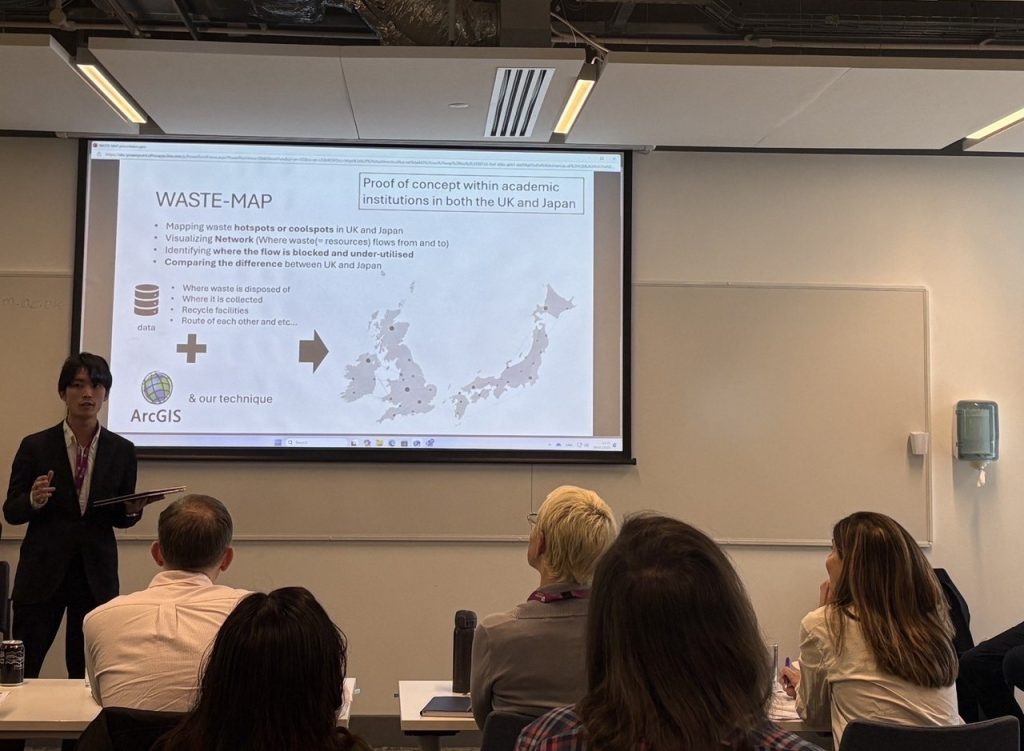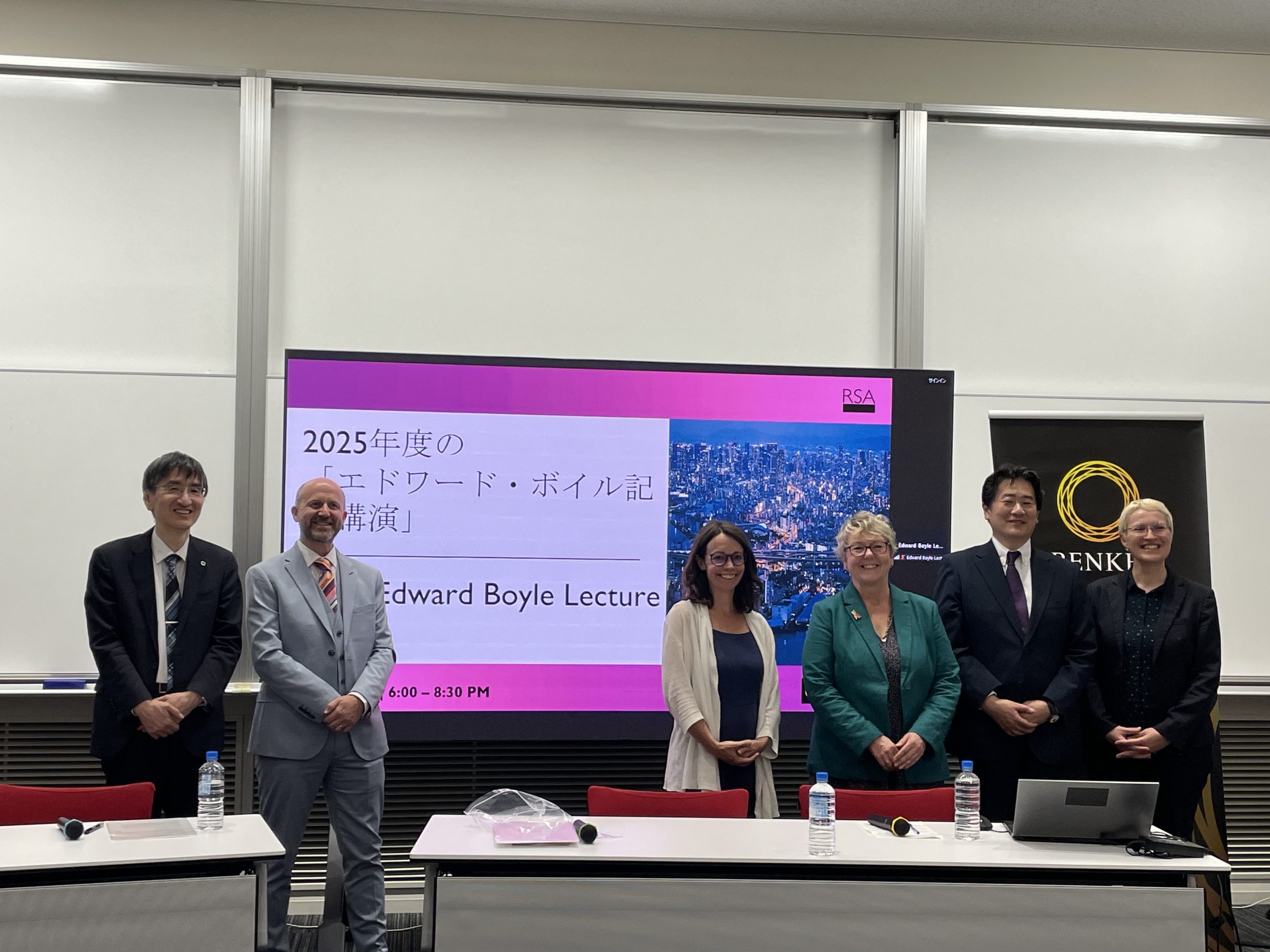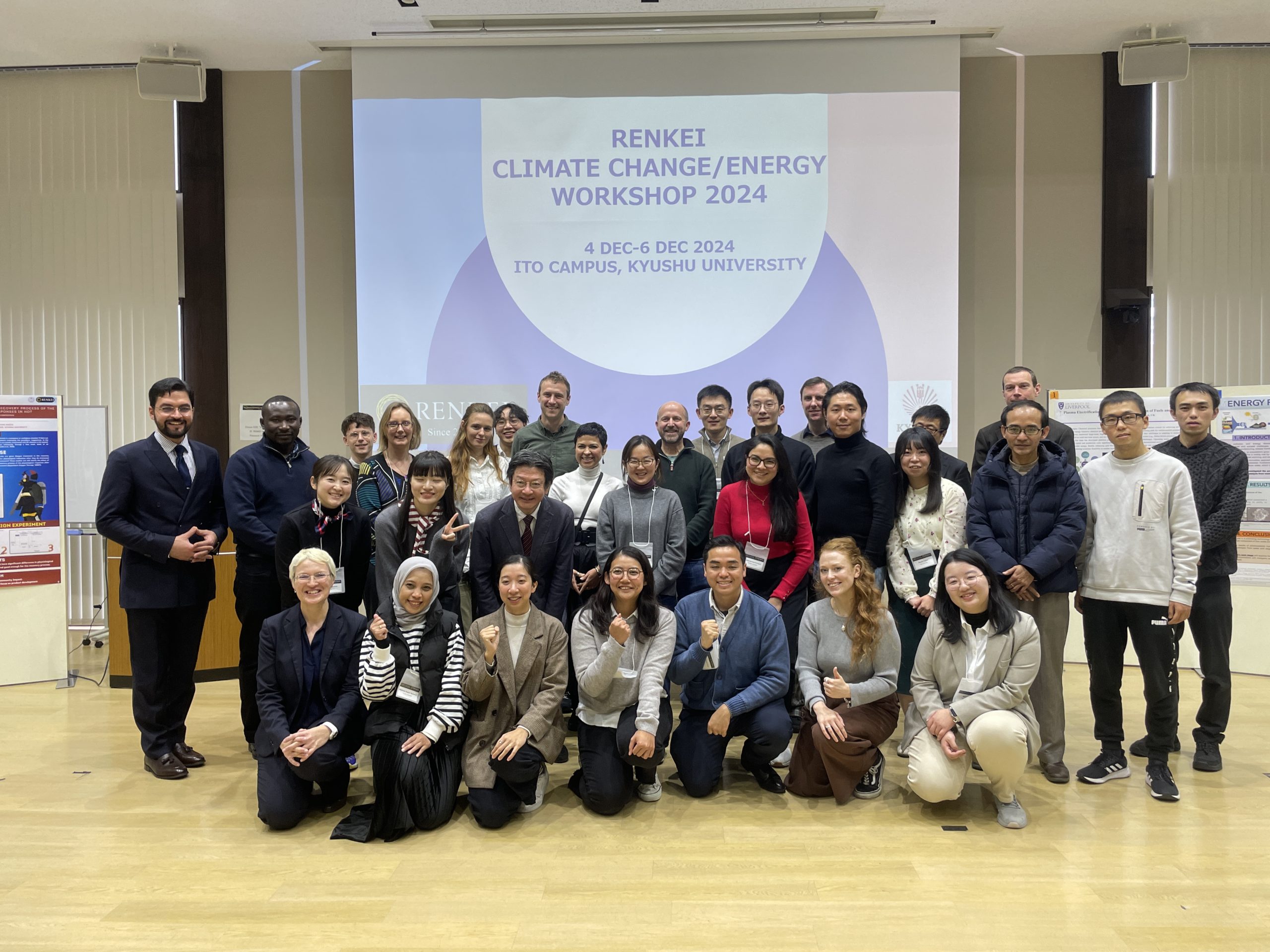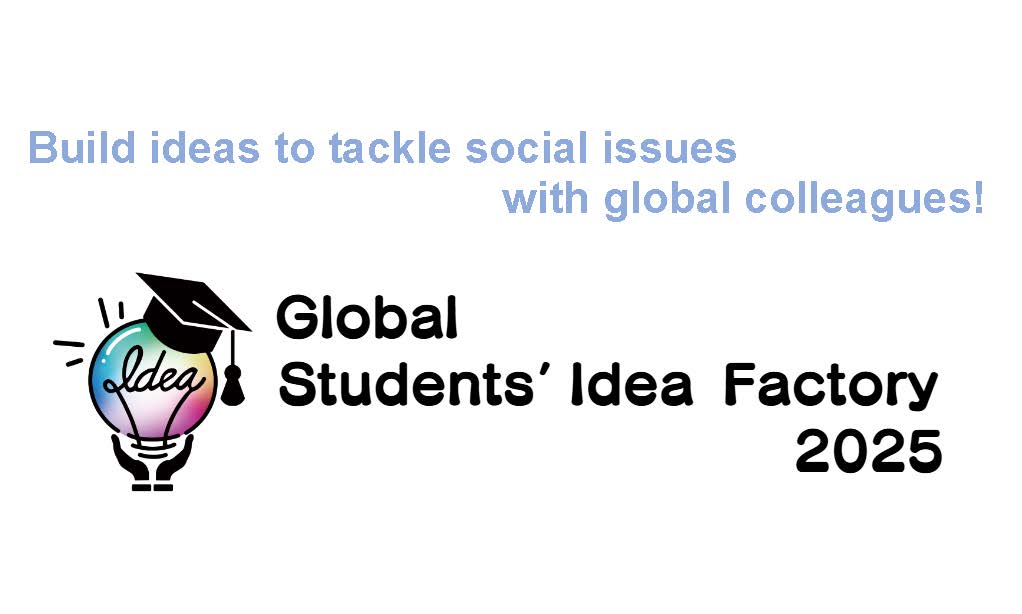
- Name:Japan-UK Research and Education Network for Knowledge Economy Initiatives (RENKEI)
- Established in:2012 (Tohoku University is one of founding members.)
- Member Institutions: 10 Universities from Japan and UK
(Japan)Tohoku University, Kyushu University, Ritsumeikan University, Keio University, Sophia University
(UK)University of Leeds, University of Liverpool, Newcastle University, University of Southampton, Durham University - Website:British Council Website
RENKEI is a bilateral consortium that was formed in 2012 by leading universities from Japan and the UK under the support of the British Council. Its aim is to encourage knowledge transfer and research collaboration not only between the two countries but also between the higher education and industry sector. The participating universities in RENKEI are forming pilot projects for collaboration in three main areas: technology and knowledge exchange with industry, student mobility, and universities’ social engagement.
Activities
RENKEI member universities have been delivering working groups in cooperation with businesses in order to explore new and original forms of collaboration between industry and academia. In some projects, participants can receive financial supports for traveling from host university and/or Tohoku University.
Annual Report 2019-2021(PDF at British Council’s website)
Experience story by a participant

I participated as an Early Career Researcher (ECR) at the RENKEI ‘Just Transitions Week’ held at Newcastle University and Durham University in the UK from May 6 to 9, 2025.
Many early career researchers from universities across the UK and Japan took part in the workshops, which were held in a sandpit style. Their focus was on proposing joint research on the theme of ‘Just Transitions to a Net Zero World’. I am specialising in economic geography, GIS, and spatial statistics, so I proposed a ‘Geospatial visualization framework for waste-stream dynamics to accelerate circular-economy transitions’ that combines network science with geography, economics, and environmental science, and presented my proposal at the mock grant panel on the final day.
Through the programme, the exchanges between various specialisms allowed me to gain a solid foothold that will help expand my research into international collaborations, and I realised again the importance of interdisciplinary discussions. This is the first year of my doctoral studies, and I feel that being able to participate at such an early stage of my studies will be a great asset in my future research career.
I would like to finish by expressing my deepest gratitude to Professor Daisuke Komori, Professor Tomoki Nakaya, and everyone at Tohoku University’s Global Engagement Division for inviting me to enjoy this valuable opportunity.
Shoma Nagata, PhD student at Graduate School of Environmental Studies
(English translation by Global Affairs Department)
Past Events
Activity Report by British Council
Contacts
Global Engagement Division
TEL: +81-22-217-5578/6182
Email:kokusai-k![]() grp.tohoku.ac.jp
grp.tohoku.ac.jp





